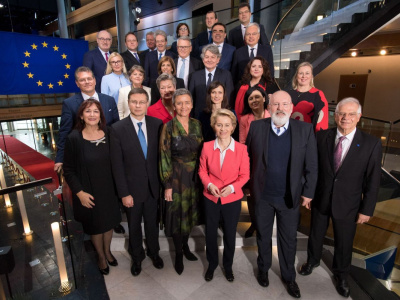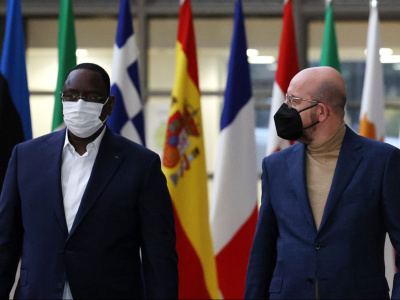
Mission possible? The Geopolitical Commission and the partnership with Africa
We share recommendations for the new Commission – and particularly for Jutta Urpilainen and Josep Borrell – on how to improve relations with Africa.
Summary
The new European Commission takes office against a backdrop of global challenges emanating from near and far, including climate change, trade wars and cyber threats. With this in mind, Commission President-elect Ursula von der Leyen, in her opening statement and mission letters, communicated a vision of a commission that is “more strategic, more assertive and more united” in its approach to foreign policy. Characterising her incoming team as a “Geopolitical Commission”, she emphasised the need for the EU to protect and update multilateralism, to develop greater strategic autonomy and to better link internal and external policy.
This brief explores the opportunity that this geopolitical framing offers for a more strategic EU-Africa relationship – and a real partnership of equals and mutual interest. At the same time, it points to the dangers of empty rhetoric for the EU’s credibility as a foreign policy actor. In renaming the European Commission’s development portfolio “international partnerships” and outlining plans for a new comprehensive strategy for Africa, von der Leyen seeks to signal a more political approach. Yet, the EU will need to show that this time it has the will and ability to move from words to meaningful action.
First and foremost, if partnership is the aim, the Commission needs to address the question of whether this is a strategy “for” Africa or rather “with” Africa. Further, unless the Commission and member states allow the European External Action Service (EEAS) to play a more significant role in coordinating Africa policy, the political and strategic elements of the EU-Africa relationship are unlikely to be sufficiently prioritised. Parallel and competing EU structures for working with Africa risk undermining a strategic continent to continent approach and creating breaks on African integration. Any comprehensive strategy will have to honestly acknowledge and address the fundamental contradictions inherent in these multiple EU structures.





